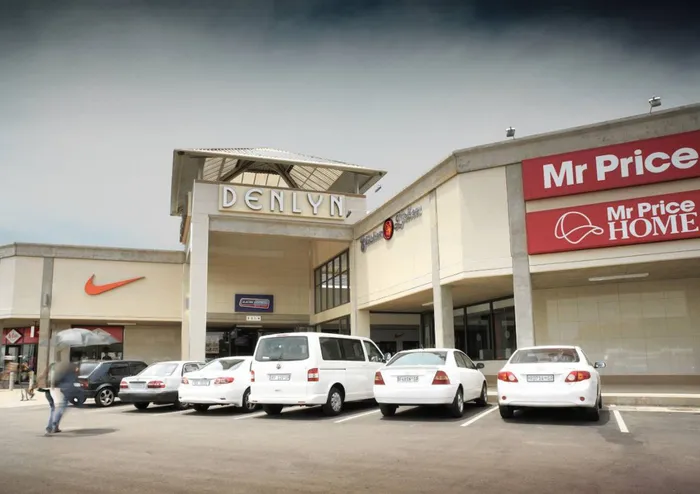Safari Investments propose to buy out minority shareholders and delist from the JSE
REIT

Safari Investments RSA's 42 200-square-metre Denlyn Centre in Mamelodi. The REIT's board has proposed to buy out minority shareholders at R8 per share.
Image: Supplied
Safari Investments RSA’s board has made an offer to buy out the minority shareholders and delist the REIT as it shifts its strategy to retail centre development.
Safari has a R4.2 billion portfolio of shopping centres in high-growth townships and peri-urban areas such as Delyn Mall in Mamelodi, Thornhill Shopping Centre in Polokwane, and Nkomo Village in Atteridgeville.
The offer of R8 per share cash is being proposed to the shareholders other than Heriot REIT or its subsidiaries, which already control 59.20% of Safari. Shareholders holding 34.03% of the shares have indicated they would support the proposed offer and delisting.
Safari’s thinly traded share price was static at R8 on Friday, having increased from R6 per share over the past 12 months.
As reasons for the proposed delisting, Safari’s board said the shares were highly illiquid, with only 1.4 million shares, accounting for less than 0.6% of the total shares, being traded over the past 12 months.
The Heriot Group’s concentrated ownership and a small number of institutional shareholders have also resulted in limited trading activity in the shares on the JSE, which has contributed to the shares trading at a sizeable discount to net asset value.
The scheme to delist would also provide shareholders with a liquidity event through which they could realise their investment at a defined value because the Heriot Group intends to retain or increase its shareholding in Safari, and no improvement in market liquidity or the discount to net asset value is anticipated.
Another reason for the offer to shareholders is the cost of a separate listing given Heriot’s control over Safari. The cost of maintaining two listed entities within a single group structure is not justified, the board said.
Delisting is expected to result in cost savings for Safari, including reductions in audit fees, governance-related expenses, and annual report costs, as well as the elimination of recurring expenses such as annual JSE listing fees, sponsor fees, and similar costs.
Finally, Safari intends to adopt a development-focused strategy, which will result in a reduced pay-out ratio of distributable income, leading to lower distributions to shareholders, the board said.
The scheme offers shareholders, who rely on regular distributions, a liquidity event through which they could exit their investment in Safari in light of this change in strategy, they said.
The offer proposal represents an 11.77% premium to the weighted average traded price of Safari’s shares over the 120 business days prior to the announcement of the scheme, and a 2.71% premium over the price for the 30 preceding days.
Last month, Safari Investments reported that a final cash dividend of 40 cents a share would be paid for the 12 months to June 30. This brought the total dividend for the year to 74 cents per share, slightly lower than 78 cents in 2024. The distribution pay-out ratio remained 100%.
Chairman Steven Herring said at the time: “The Safari team has done a sterling job this financial year. The Platz am Meer property has been sold, and two further non-core assets are up for sale. Reduced financing margins and a drop in interest rates helped the dividends grow nicely.”
Visit:www.businessreport.co.za